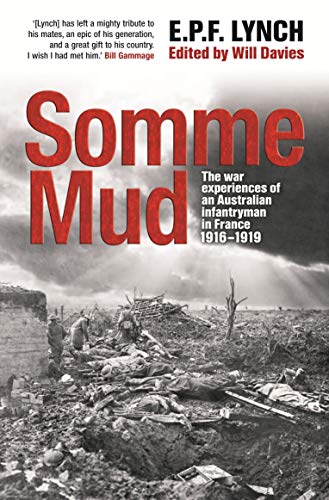
Facing The Hindenburg Line; Personal Observations At The Fronts
by Burris Jenkins
"and in the camps of the British, French, Americans, and Italians, during the campaigns of 1917"
Popularity
0 / 5
* A book's popularity is determined by how it compares to all other books on this website.
Where to buy?
Buy from Amazon* If you buy this book through the link above, we may receive a small commission at no extra cost to you.
Facing The Hindenburg Line; Personal Observations At The Fronts by Burris Jenkins
Details
War:
World War I
Perspective:
Infantry
Military Unit:
British Army
True Story:
Yes
Biography:
Yes
Region:
Europe
Page Count:
198
Published Date:
2012
ISBN13:
9781782890904
Description
Brief Summary
Facing The Hindenburg Line; Personal Observations At The Fronts by Burris Jenkins is a first-hand account of the First World War, written through the perspective of a war correspondent and YMCA lecturer. Jenkins was sent to the European fronts in 1916/17, where he visited numerous camps and rear-zones. The book is a collection of his observations, anecdotes, and sketches of the soldiers he encountered. His narrative spans encounters with diverse groups, including the energetic French Chasseurs and the steadfast British Tommies. Upon returning to the United States, Jenkins shared these experiences to help raise awareness and support for the Allies' sacrifices, influencing public opinion towards America's involvement in the war.
Main Themes and Topics
One of the main themes in Jenkins’ memoir is the human element amidst the chaos of war. Through detailed sketches and personal anecdotes, he reveals the camaraderie and humor present among soldiers, showcasing their resilience. Another significant theme is the cultural diversity within the Allied forces, as he documents his interactions with soldiers from different nationalities, offering a glimpse into their lives and contributions to the war effort. Jenkins' narrative also serves as a historical document aiming to shed light on the realities of war while garnering support for the Allied cause.
Writing Style and Tone
Jenkins' writing style is both descriptive and engaging, seamlessly blending factual reportage with personal reflections. His tone balances the gravity of war with the lighter moments of humor and camaraderie he observes among the soldiers. This dual approach allows readers to appreciate the harsh realities of war while also understanding the human spirit's capacity for resilience. Jenkins' narrative is accessible and compelling, making it an insightful read for those interested in historical accounts of World War I.
Criticism
While Jenkins' work offers a valuable perspective on World War I, some readers might find that the focus on anecdotal accounts and personal observations leaves little room for broader strategic or political analysis of the war. The book serves more as a human-interest narrative rather than a comprehensive military history, which might not satisfy readers seeking in-depth historical analysis. Nonetheless, Jenkins' unique perspective as both a correspondent and participant offers an authentic glimpse into the life of soldiers during a pivotal time in history.









